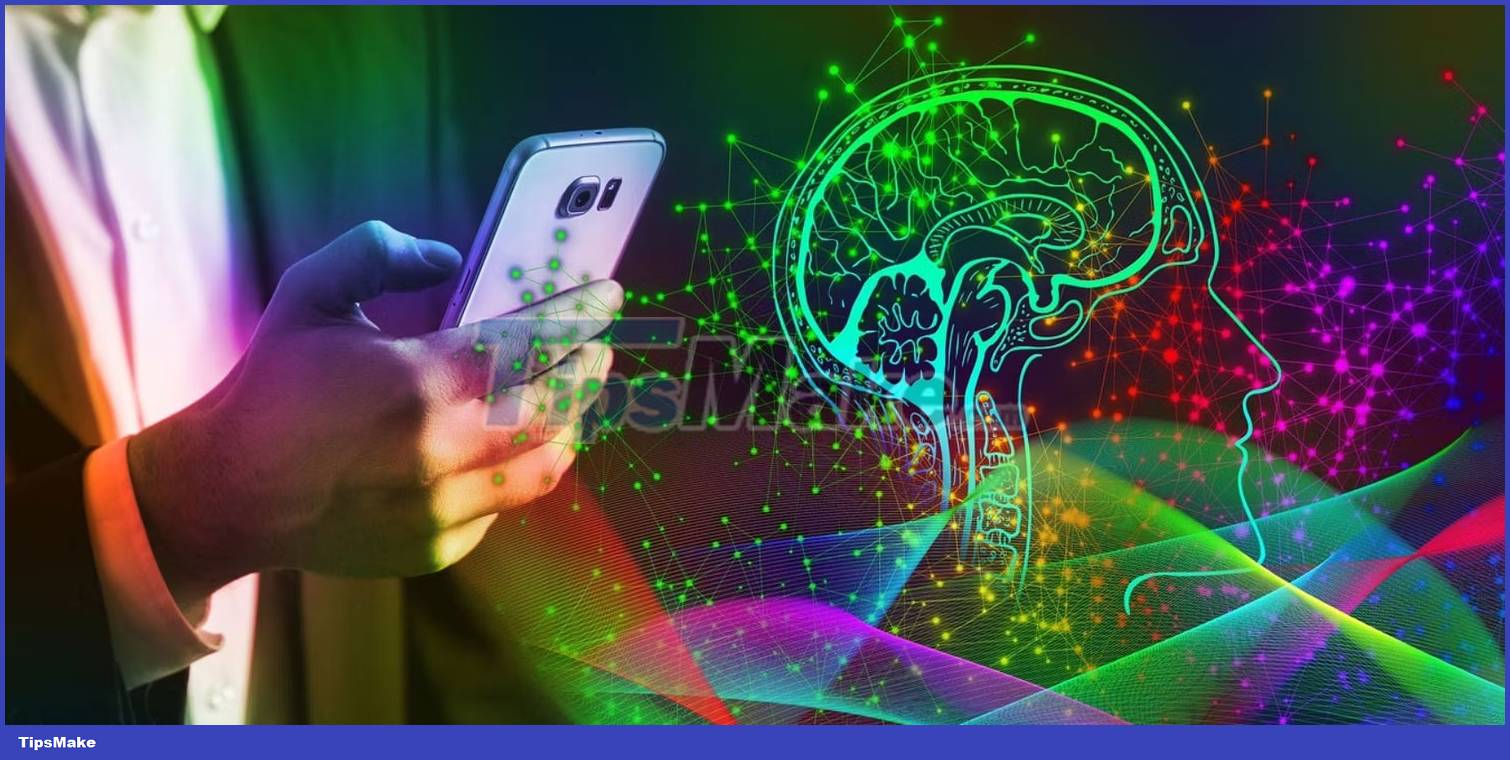AI can reconstruct images from human brain waves: Is it worrying?
AI can decode human brain waves

If you think you've seen the pinnacle of what AI technology can do, you might have to think again. A team of researchers at the National University of Singapore, led by PhD student Zijiao Chen, has decoded human brain waves with the help of AI and fMRI machines.
As NBC News reported, they connected participants to a machine and let the AI study their brainwave patterns for 20 hours. Participants are shown different images (a house, a fire truck, etc.) and then the AI creates an image based on what the participants are thinking and seeing. As a result, 84% of the cases the generated image is similar to the original.
The technology is still in its infancy, but it's an example of how far AI has gone. As you have seen with ChatGPT, then the Sydney version combined with Bing, and then GPT-4, the technology is becoming more and more sophisticated. It is very reasonable to conclude that the development of AI could lead to a very different world.
Do we need to worry about this?

Hearing the word "AI" and "human brainwaves" is enough to make anyone shudder, so it's perfectly understandable to feel nervous about this development. Everything has its own advantages and disadvantages. As with any other technology, the results achieved depend on how we use it.
Let's look at the pros and cons of AI being able to decode human brain waves.
Advantage
Help better connect with people with disabilities who cannot speak
There are many disabilities that prevent a person from speaking. This can be difficult for the person and their family. While people who don't speak can still have a good life and feel loved by those around them, the disconnect in communication can be difficult.
This technology can bridge the gap, allowing family members and friends of a non-verbal person to better understand how they think and feel. This allows for more connection between them and can also improve care for someone who does not speak.
Can assist in the medical field
This AI technology helps researchers understand both the human imagination and how the brain works in response to different stimuli. Therefore, this technology can be used to great effect in the medical field.
In particular, psychologists can use this technology to understand PTSD triggers for clients, as well as understand more about the human imagination - which could lead to further developments. according to.
Defect
Privacy can be eroded
You are tracked everywhere you go, both in the real world and online. CCTV, digital cookies and identity tokens prove it, regardless of whether privacy should be considered a human right.
What will happen when decoding of this human brainwave becomes common and easy?
This AI development could seriously affect people's privacy. You often hear people say "I have nothing to hide" when faced with privacy issues on the web. But in reality, everyone has things that they don't want others to see and hear.
Can you imagine living in a world where your every thought is publicly known?
Your career potential may change
Aspects of brain waves such as concentration can already be monitored and used to gauge your potential as an employee. This new AI technology further leverages recruiters' ability to invasively monitor your brainwave patterns, using that to determine your abilities as an employee.
It only takes one or two companies to include this in their process, a bunch of others do the same. No company wants to miss out on recruiting and retaining top talent; This technology makes it easy for them to determine if you're a good fit for the position.
Don't worry, things may not be as bad as you think!
This AI technology that decodes human brain waves is still at a very early stage, so you probably don't need to worry too much. However, over time, it will continue to grow and progress. Can't say how much that means to you and the people you know.
Whether technology will be used for good or bad is still up to the people. Hope everyone will take advantage of it responsibly!
You should read it
- ★ First confirmation in the world: Having a brain tumor caused by using too many mobile phones
- ★ Artificial intelligence algorithms read human thoughts
- ★ How to download Wuthering Waves, Wuthering Waves APK
- ★ Interesting discovery: Human brain is more flexible than chimp brain
- ★ Transplanting a mini-human brain into mice causes concern about smart new hybrids and increasingly more human-like